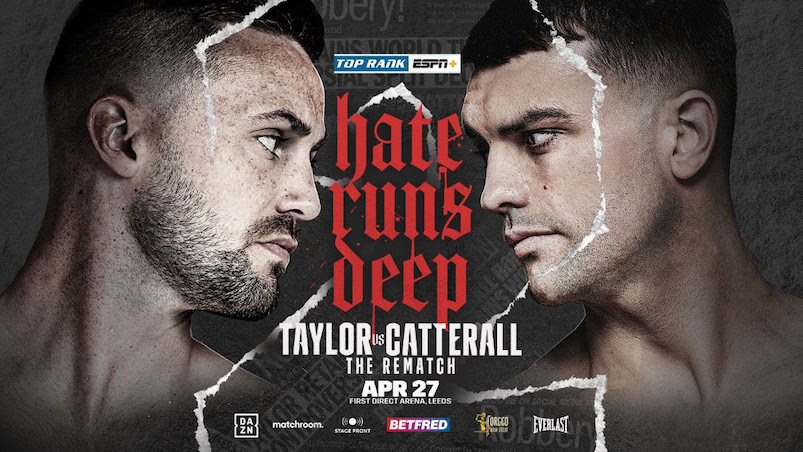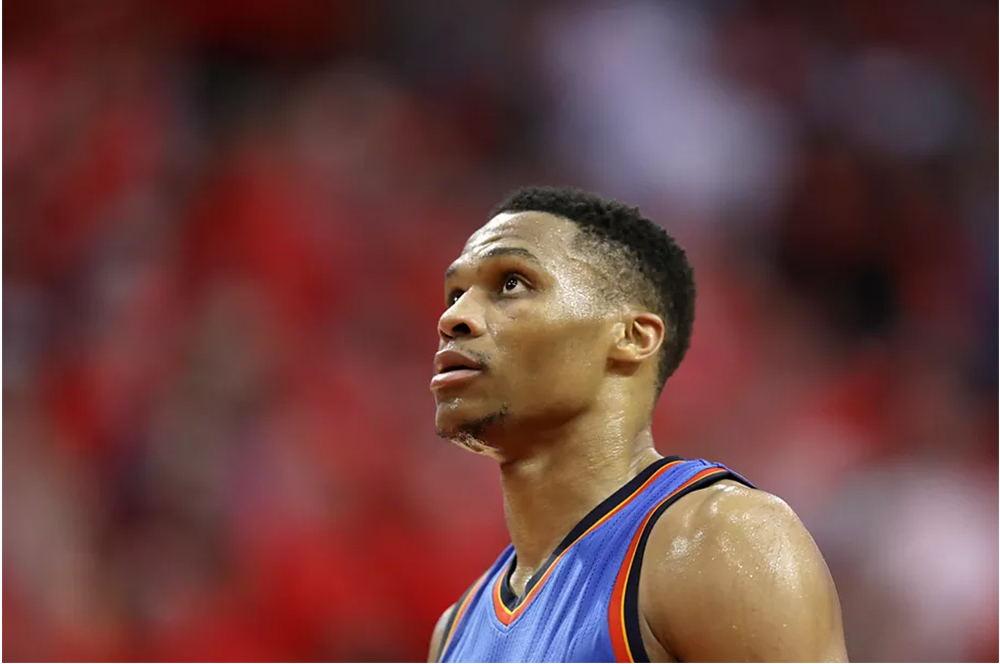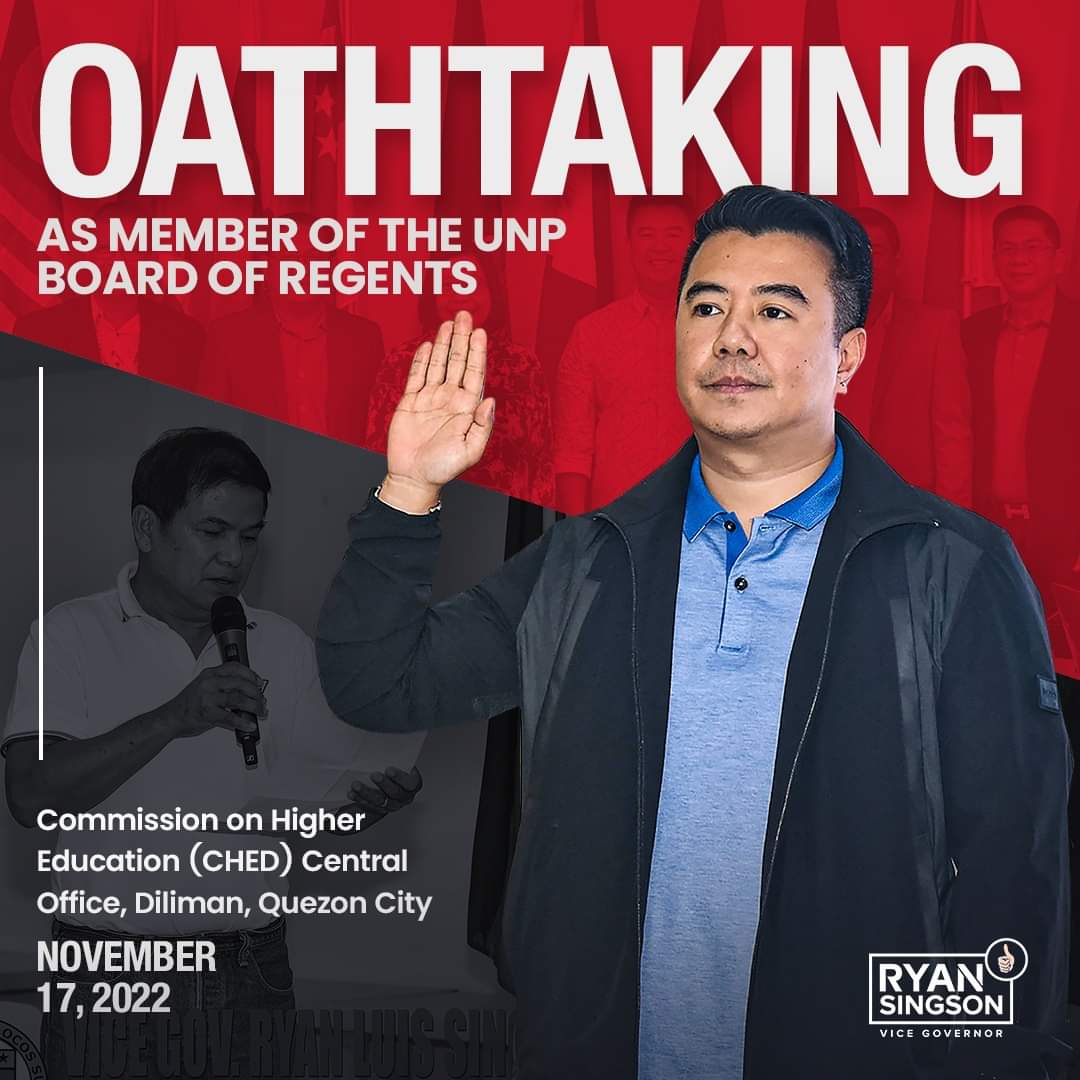The NBA’s Kevin Durant Rule enabled Oklahoma City keep its other superstar.
On July 4, 2016, Kevin Durant left the Oklahoma City Thunder to join the powerhouse Golden State Warriors. Durant left a bit of money on the table to make the choice, but there was only minor financial incentive to remain with the franchise that had drafted him. NBA contract structures turned free agency into a preference choice. He preferred the Warriors.
Durant’s choice represented many, many things: the perils of superteams, the logical extension of ringz-or-bust mentality, the seemingly permanent existential crisis that is being a small market team in the NBA, and more. The decision also happened as the league’s 30 franchise owners were preparing to negotiate a new collective bargaining agreement with the players’ union. You could be sure that the new labor deal would, in part, be a reaction to Durant.
The form in which that eventually came to pass was a new type of contract offer that future Oklahoma Citys could offer to future Kevin Durants.
This is fittingly known as the Durant Rule, though the NBA calls it the Designated Veteran Player Exception. Players are eligible if they are entering Year 8 or Year 9 of their careers, they made All-NBA or won Defensive Player of the Year in the previous season or in the two seasons before that or they had been named MVP in any of the previous three seasons, and had been drafted by their current team or acquired by trade while on their rookie deal.
If those conditions are met and the team wants to make the investment, these players are eligible for a five-year extension at 35 percent of the salary cap. That high salary amount is typically reserved for players with at least 10 years in the league — or players coming off of their third contracts.
The contract option was targeted specifically at superstars coming off of their second contracts. All superstars sign second contracts with the team that drafted them or acquired them in their early years. But until the Durant Rule came into play, there was very little incentive for these players to sign a third contract with the team that drafted them. As such, you’ve seen players like LeBron James, Chris Bosh, and Durant leave their teams at that point, and players like Carmelo Anthony and Chris Paul threaten to leave, sparking trades.
The new contract meant that for these special players, that huge 35 percent salary level is available for their third contracts (not after), but only if they stick with the team that drafted them.
It’s one hell of an incentive to stick around. We’re beginning to see just how powerful an incentive it is.
DeMarcus Cousins would have been eligible for such an extension — five years, $200 million — this summer on account of making the 2015 and 2016 All-NBA teams. Reports suggested he planned to sign it, if offered. Instead, the Kings decided to trade him. A small-market team elected to restart a decade-long rebuild instead of locking up their All-NBA player. Without the Durant Rule, would Sacramento have lilted toward Cousins’ 2018 free agency and potentially lost him for nothing? Possibly. But they considered the mega-contract too big a commitment.
Neither Paul George nor Gordon Hayward made the All-NBA team in 2017, when doing so would have made them eligible for the Durant Rule contract. George, purportedly offered a normal extension, told the Pacers he planned to leave as a free agent in 2018 and was traded. Hayward, already a free agent in 2017, signed with Boston, given no financial incentive to remain in Utah. The lack of a powerful incentive like Durant Rule eligibility may have cost Indiana and the Jazz their homegrown All-Stars.
Stephen Curry was the first player to sign a Durant Rule contract, locking him up with the Warriors through his prime. James Harden added four years onto his lucrative deal with Houston as a result of the rule. John Wall signed a Durant Rule contract after being named to his first All-NBA team.
And now, in a tremendous bit of poetic justice, Russell Westbrook has signed his Durant Rule contract with the Thunder, committing to Oklahoma City until 2023.
The NBA saw a problem with superstars leaving their teams in Year 8 or Year 9, with minimal incentives for them to stay put. And the league fixed it. The Durant Rule worked, but while it could not bring Durant back to Oklahoma City, it ensured that the Thunder had a real shot at keeping its other star.
Because the Thunder are run by a bold, smart general manager, it also means that Oklahoma City has a good chance to retain a second superstar (George) alongside Westbrook for the long haul, and just might compete with that superteam in the Bay Area.
Westbrook’s decision is a huge win for the Thunder, of course, but it’s also a huge win for the NBA. They wanted more stars to remain loyal to the teams that picked him. It worked.





